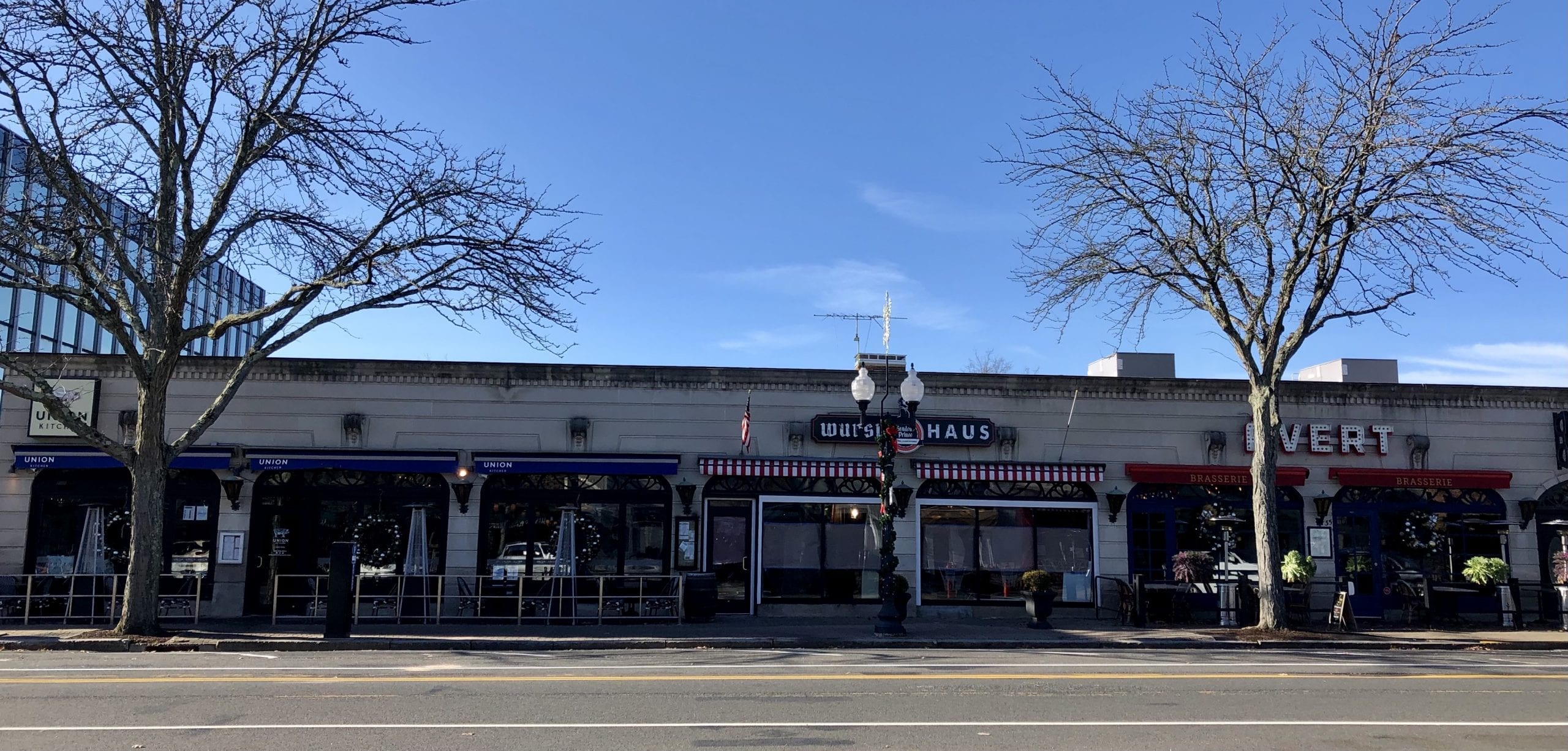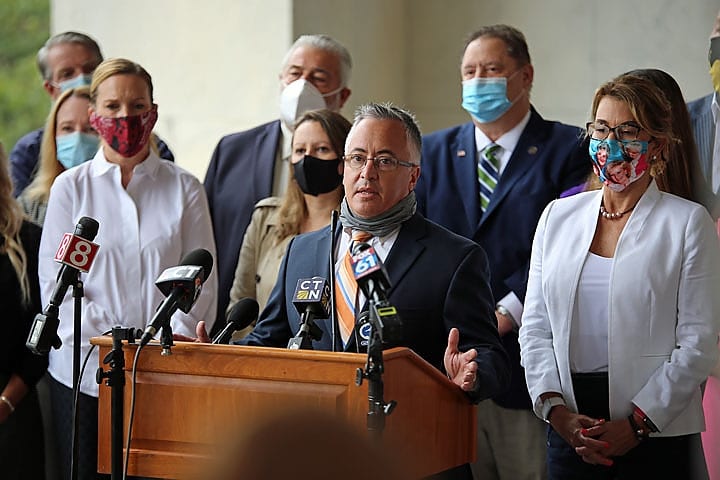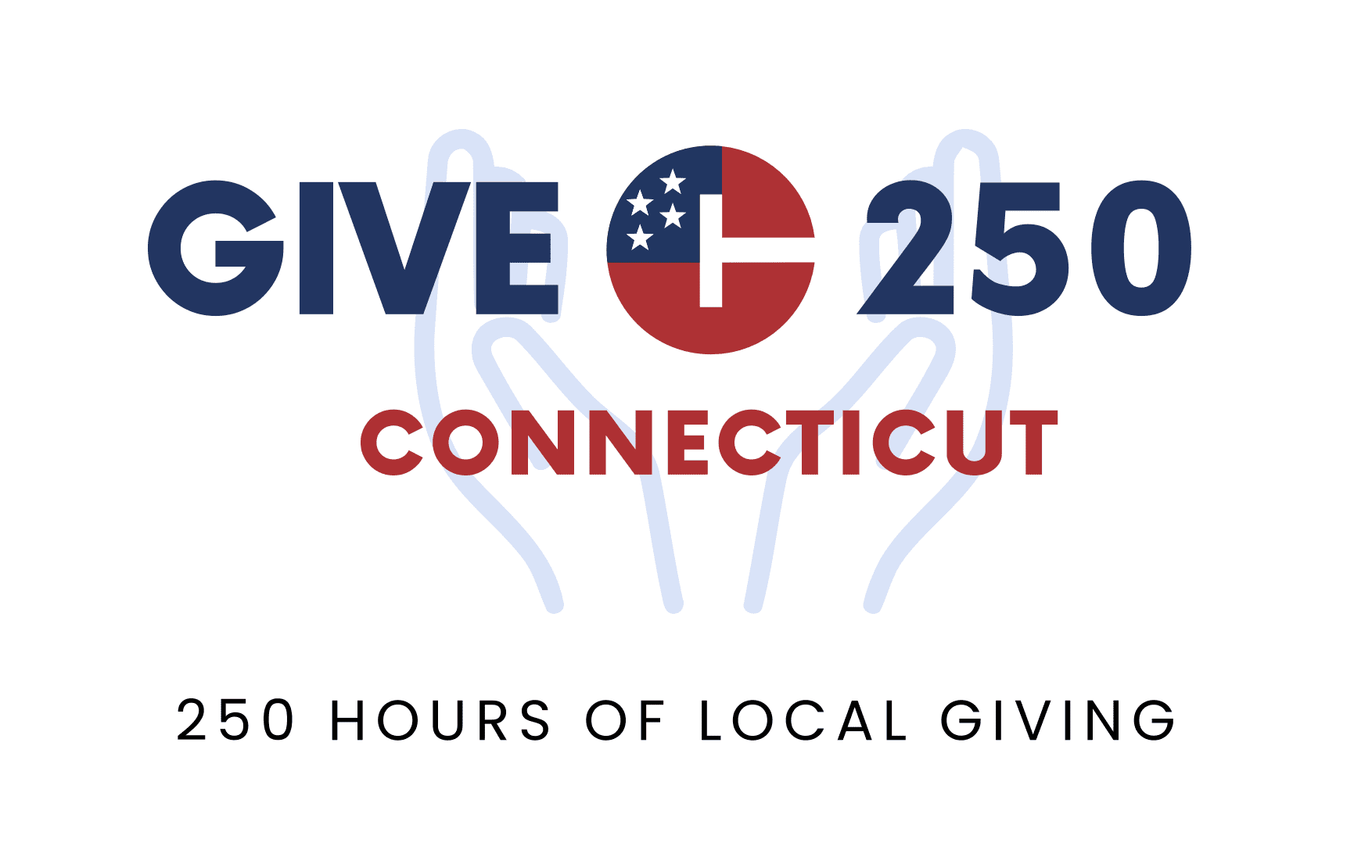Lamont, Republican Lawmakers Quarrel over Funding for Restaurant Industry

Audio By Carbonatix

Restaurants are a major industry in West Hartford, with many lining LaSalle Road. Photo credit: Ronni Newton (we-ha.com file photo)
Many West Hartford restaurants thrived over the summer due to expanded outdoor dining, but are looking for creative ways to survive through the winter months while also awaiting possible help from the government.

Rep. Vincent Candelora and Republicans. CTNewsJunkie.com file photo
By Christine Stuart, CTNewsJunkie.com
House Republicans want Gov. Ned Lamont to use $50 million in federal funding the state has already received to help struggling bars and restaurants.
But it looks unlikely to happen if there’s no more state or local aid on its way from the federal government.
“The state’s going to do what we can to help our small businesses. We’re releasing the final $45 million to our municipalities,” Gov. Ned Lamont said Wednesday. “We’re sending out $5,000 checks to 10,000 of the state’s smallest businesses.”
Lamont said he believed many of those businesses were bars and restaurants, although the funds were not specifically designated for that industry.
That small business assistance was announced in November.
Earlier in the day Wednesday, Lamont said there would be an additional amount of money going to businesses in the state, but not specifically to restaurants and bars. The specifics were not available Wednesday.
As far as more federal help for the state of Connecticut, Lamont said President-elect Joe Biden Jr. told the nation’s governors there would not be any state or local aid in the stimulus bill Congress is looking to pass before Christmas.
“What he did say is, ‘Pass what you can get passed now.’ Given the urgency that’s not going to include liability protection. That’s not going to include state and local aid, but he said, ‘That will be a priority for me as soon as I am president,’” Lamont said.
Rep. Vincent Candelora, R-North Branford, said Connecticut is one of the few states that did not use a substantial portion of the first round of CARES Act funding to help private businesses.
“To the extent that the federal government gives the state of Connecticut more state dollars I’m hoping that gets directed appropriately to businesses that are really suffering,” Candelora said.
Republicans also want the governor to suspend liquor permitting fees and food licensing fees. They want municipalities to delay real and personal property taxes, and direct the Department of Economic & Community Development to partner with financial institutions to create a low-interest loan program.
Rep. Holly Cheeseman, R-East Lyme, said Massachusetts was giving businesses grants of up to $75,000 and Rhode Island was giving grants of up to $30,000 to their businesses.
She said she applauds the $5,000 per business that Connecticut did allocate, but “Five thousand dollars is not going to help you survive. Five thousand dollars may just pick up one month’s rent.”
She said restaurants need a more significant amount of support if people expect them to survive the pandemic.
“There is a sense of urgency our caucus is feeling from these industries,” Candelora said.
He added that the livelihoods of thousands of individuals are on the line and he’s looking forward to “our newly-seated legislature not just reasserting itself as a governing body, but also moving quickly to fast-track issues tied to the recovery of our business community. The financial well-being of our state depends on it.”
As far as the greater budget goes, Lamont said the state would be able to balance its budget without more federal funding before Christmas because it has a substantial Rainy Day Fund.
Incoming House Speaker Matt Ritter agreed. He said Connecticut is in better shape than most.
“There are states that won’t be able to balance their budgets without additional federal assistance,” Ritter said. “So whatever they need to do to negotiate it, I have the utmost confidence in our delegation.”
However, without the additional federal aid, “We’re left with some very difficult decisions, you couldn’t raise enough revenue probably to get your way out of it, you couldn’t cut your way out of it,” Ritter said. “I would say we’re left with a lot of bad options, but we also – I like to remind people – we are in better shape than other states because we have that $3.1 billion Rainy Day Fund.”
Republished with permission from CTNewsJunkie.com, all rights reserved.
Like what you see here? Click here to subscribe to We-Ha’s newsletter so you’ll always be in the know about what’s happening in West Hartford! Click the blue button below to become a supporter of We-Ha.com and our efforts to continue producing quality journalism.



